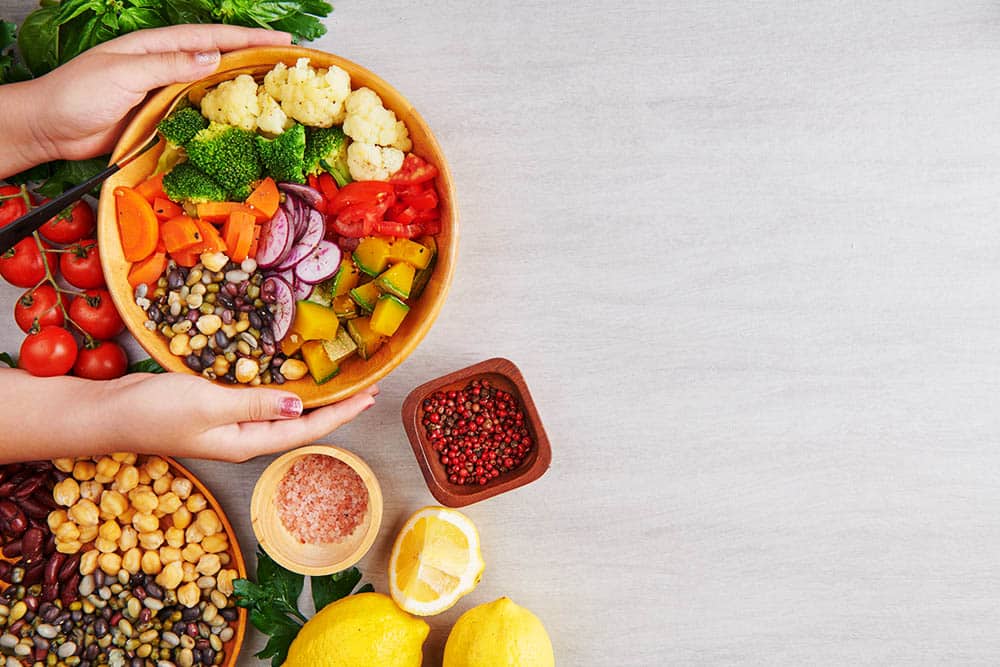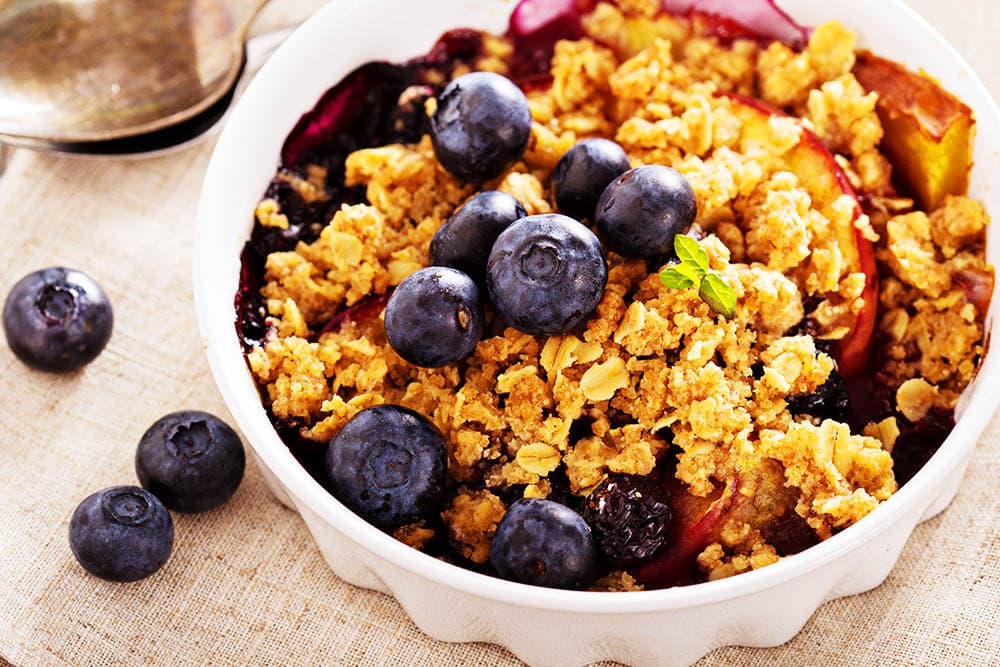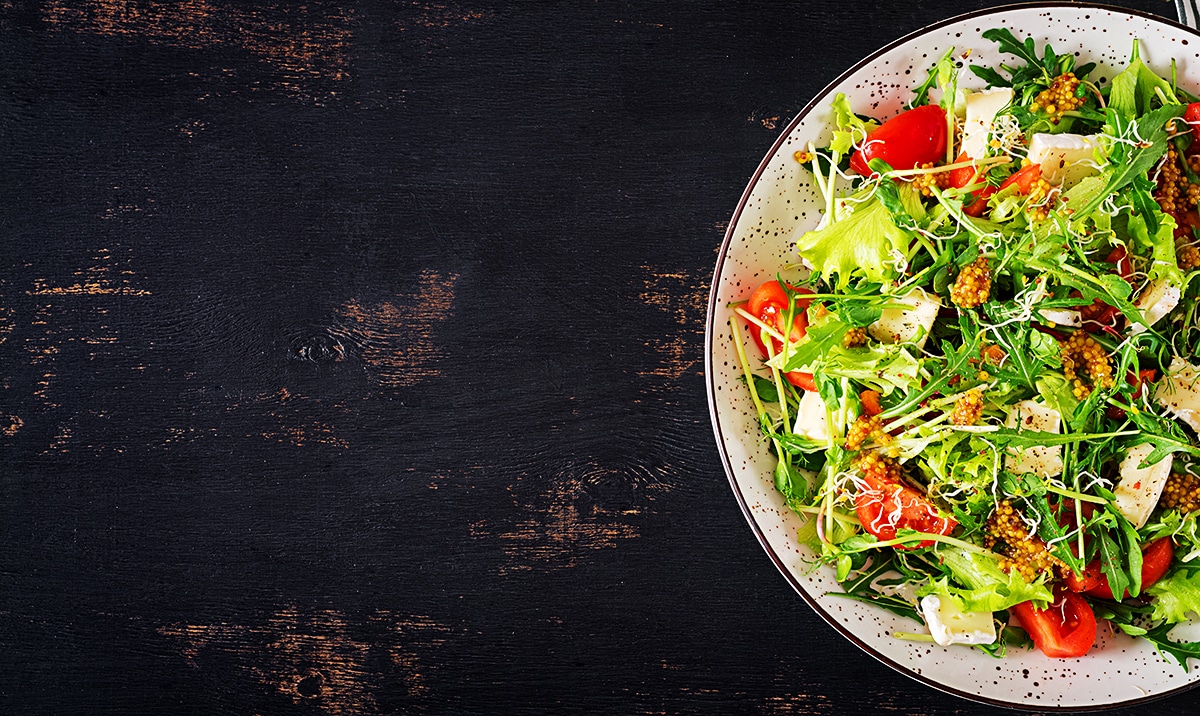Protein is an essential macronutrient that plays a vital role in building, repairing, and maintaining tissues and muscles in our body. It is also necessary for supporting a healthy immune system, producing hormones and enzymes, and maintaining good cardiovascular health. Therefore, consuming adequate amounts of protein is crucial for optimal health and strength.
Here are some protein-packed foods that can help fuel your body for optimal health and strength:
1. Lean meats and poultry
Lean meats and poultry are excellent sources of high-quality protein. They are low in fat and packed with essential nutrients such as iron, zinc, and vitamin B12. Chicken, turkey, and lean cuts of red meat like sirloin, tenderloin, and flank steak are all good choices. However, it is essential to avoid processed meats like sausages, bacon, and ham, which are high in sodium and other harmful additives.
2. Fish and seafood
Fish and seafood are excellent sources of protein and are also rich in heart-healthy omega-3 fatty acids. Salmon, tuna, mackerel, sardines, and trout are all great choices. They can help reduce inflammation, lower blood pressure, and improve blood cholesterol levels.
3. Eggs
Eggs are a great source of high-quality protein, vitamins, and minerals. One large egg contains about six grams of protein, making it an ideal breakfast food that can help keep you fueled throughout the day. Moreover, they are versatile and can be consumed in many different ways, such as boiled, scrambled, or as an omelet.
4. Dairy products
Dairy products like milk, cheese, and yogurt are excellent sources of protein, calcium, and vitamin D. They can help promote bone health, build muscle mass, and support a healthy immune system. However, they are also high in saturated fats, so it is essential to choose low-fat or fat-free options whenever possible.
5. Legumes and beans
Legumes and beans are plant-based sources of protein that are also rich in fiber, vitamins, and minerals. They are an excellent choice for vegetarians and vegans who need to get their protein from non-animal sources. Examples include lentils, chickpeas, black beans, kidney beans, and soybeans. They can be added to salads, stews, soups, or consumed as a side dish.
6. Nuts and seeds
Nuts and seeds are an excellent plant-based source of protein and healthy fats. They are rich in vitamins, minerals, and antioxidants and can help reduce inflammation and improve heart health. Examples include almonds, walnuts, pecans, chia seeds, and flaxseeds. They can be eaten as a snack, added to yogurt, oatmeal, or used as a topping for salads.
7. Protein bars and shakes
Protein bars and shakes are convenient options for people who need to consume a quick and easy source of protein. However, it is essential to choose options that are low in sugar and other harmful additives and to consume them in moderation.
In addition to incorporating these protein-packed foods into your diet, there are other tips and advice you can follow to maximize the benefits of protein intake.
1. Spread out your protein intake throughout the day
Consuming protein throughout the day can help support muscle protein synthesis, which is crucial for building and maintaining muscle mass. Therefore, it is essential to spread out your intake by consuming protein with each meal and snack.
2. Choose high-quality proteins
Not all proteins are created equal. It is important to choose high-quality sources of protein that contain all the essential amino acids our bodies need. Animal-based proteins like meat, fish, and eggs are considered complete proteins. However, plant-based proteins like legumes and beans are often incomplete and need to be combined with other protein sources to meet our needs.
3. Balance your macronutrients
Protein is one of the three macronutrients, along with carbohydrates and fats. It is essential to balance your intake of all three macronutrients to meet your body’s needs. Aim for a balanced diet that includes protein, healthy fats, and complex carbohydrates.
4. Be mindful of your portion sizes
Consuming too much protein can put a strain on your kidneys and may lead to other health problems. It is essential to be mindful of your portion sizes and to consume protein in moderation.
In conclusion, protein is an essential nutrient that plays a vital role in building, repairing, and maintaining tissues and muscles in our body. Incorporating protein-packed foods like lean meats, fish, eggs, dairy, legumes, nuts, and protein bars and shakes into your diet can help you fuel your body for optimal health and strength. By following the tips and advice mentioned above, you can maximize the benefits of protein intake and maintain a well-balanced diet.




